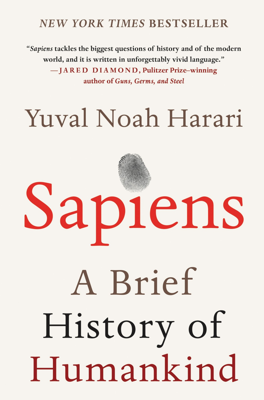Memory Overload
The chapter "Memory Overload" discusses the evolution of information storage and processing systems in human societies, focusing on how these developments transformed our ability to manage large and complex networks of individuals and resources. Initially, humans relied solely on brain memory to preserve and pass on information, which limited the size and complexity of social organizations. As societies expanded in the wake of the Agricultural Revolution, the amount of information needed to manage these societies increased dramatically.
Homo sapiens, unlike other species such as ants and bees whose social structures are encoded genetically, needed to invent new methods to manage information that the human brain could not. This necessity led to the development of writing and later more sophisticated bureaucratic systems. The chapter explains that the earliest forms of writing, developed by the Sumerians around 3500 to 3000 BC, were partial scripts that primarily recorded numerical data to aid in administration, especially in taxation and resource management, crucial for larger political structures like kingdoms and empires.
These early scripts could store much more data than human memory, but they were limited to specific types of information and not capable of representing language fully. Over time, as needs and societies evolved, these writing systems were expanded into full scripts that could record spoken language comprehensively, allowing for the transcription of laws, stories, and eventually literature and complex bureaucratic records.
Despite these advances, organizing and retrieving the vast amounts of stored information posed significant challenges, which were not effectively overcome until much later developments in methods of cataloging and data retrieval. The chapter also discusses the educational systems that arose to teach the skills necessary for managing these complex systems, indicating a shift in cognitive functions from holistic, associative thinking to compartmentalized and bureaucratic thinking.
In modern times, mathematical and binary scripts have emerged as dominant methods for recording and processing information. These scripts facilitate not only massive data management tasks but also the functioning of computers and algorithms that shape contemporary society. The development of these scripts represents a pivotal shift in how humans interact with and process information, influencing everything from scientific research to daily communication and fundamentally changing our cognitive landscapes.
